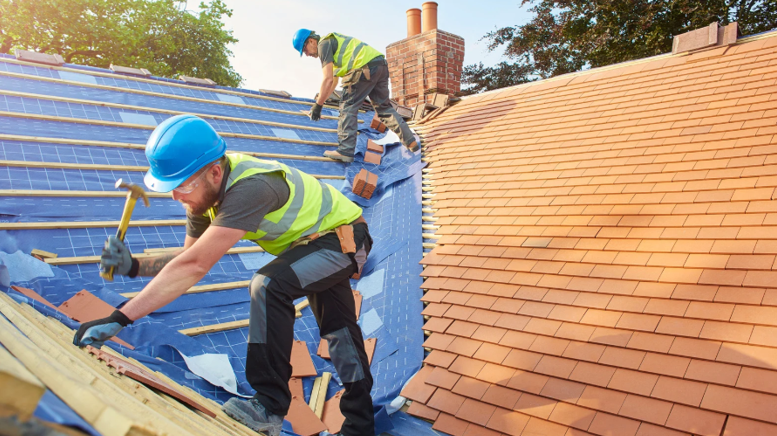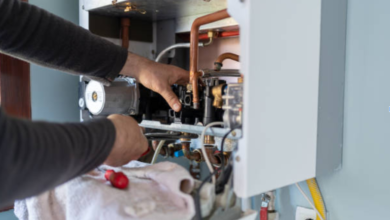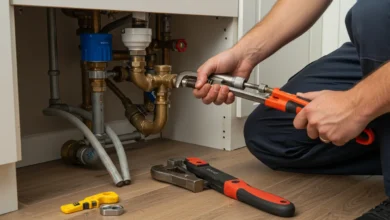How Roofing Contractors Help Improve Home Energy Efficiency

Energy efficiency is becoming a priority for homeowners seeking ways to cut utility costs and maintain consistent indoor comfort. While windows and insulation often get attention, the roof plays one of the most critical roles in regulating energy performance. By working with a roofing company in Johns Creek, homeowners can optimize roofing systems to improve insulation, ventilation, and temperature control. Professional contractors understand how different materials and construction methods impact energy use, making their expertise essential in creating roofs that save energy while protecting the home.
Choosing the Right Contractor
The foundation of an energy-efficient roof begins with selecting the right professional. Licensed and experienced contractors are equipped to recommend solutions that go beyond durability to include long-term energy savings. Homeowners who take time to review tips on choosing the right roofing contractor often recognize the importance of asking about energy-efficient products and installation practices. An experienced professional can identify weaknesses in the current system and suggest tailored upgrades that improve performance. This guidance ensures that homeowners not only invest in quality workmanship but also benefit from reduced energy costs year after year.
Material Selection for Climate Needs
Roofing materials directly affect how efficiently a home can maintain indoor comfort. Some materials absorb more heat, while others reflect sunlight and reduce thermal transfer. For instance, reflective shingles, metal panels with coatings, or clay tiles can help reduce heat gain in warmer climates, while insulated options provide warmth retention in cooler regions. The expertise of a contractor is essential in understanding how roofing contractors select the right materials for local climate needs. By evaluating sunlight exposure, rainfall, and temperature variations, professionals recommend solutions that balance energy efficiency with durability. Choosing the correct material ensures maximum savings while extending the lifespan of the roof.
Insulation and Ventilation Enhancements
While roofing materials are critical, insulation and ventilation are equally important. Poor attic insulation allows conditioned air to escape, driving up heating and cooling costs. Likewise, inadequate ventilation leads to moisture buildup and excessive heat, which shortens the life of roofing materials and increases energy demands. Contractors address these concerns during inspections and installations, ensuring that attic spaces are properly insulated and ventilated. This balance allows the home to stay cooler in the summer, warmer in the winter, and less dependent on constant HVAC use.
Reducing Long-Term Costs and Increasing Value
Energy-efficient roofing provides more than immediate comfort; it offers long-term financial advantages. By lowering monthly energy bills, homeowners recoup the cost of installation over time. Additionally, homes with energy-efficient features often command higher resale value. Buyers increasingly look for sustainable and cost-effective improvements, making energy-efficient roofing a marketable asset. Partnering with a knowledgeable contractor ensures these benefits are realized while maintaining the integrity and appearance of the home.
Conclusion
Roofing contractors are instrumental in helping homeowners achieve greater energy efficiency. From selecting climate-appropriate materials to enhancing insulation and ventilation, their expertise ensures that roofing systems contribute to long-term savings and comfort. A roof designed and installed with efficiency in mind not only reduces energy use but also adds value, making professional roofing services a smart investment for the future.




